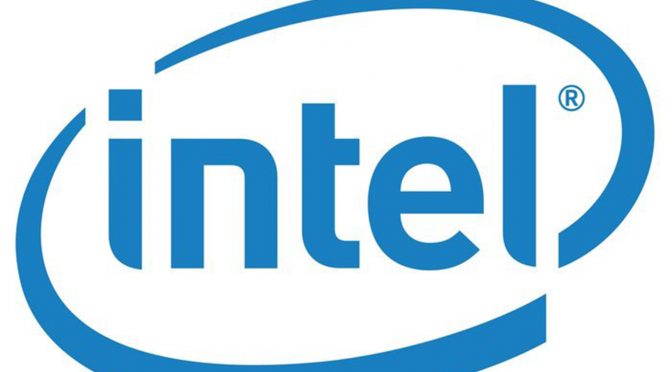Intel confirmed today that its upcoming Xe graphics cards will support ray tracing hardware acceleration. What this basically means is that instead of mere software support, the Xe GPUs will feature dedicated hardware components that will accelerate the ray tracing calculations.
As Intel’s Jim Jeffers stated:
“We are designing the Intel Xe architecture as a cohesive acceleration companion to our continuing roadmap of Intel Xeon processors. We will look forward to sharing more details on the Intel Xe architecture in the months ahead. I’m pleased to share today that the Intel Xe architecture roadmap for data center optimized rendering includes ray tracing hardware acceleration support for the Intel Rendering Framework family of API’s and libraries.”
Now the key point here is that the ray tracing hardware acceleration support is for the data center Xe GPUs. As such, it’s not yet 100% confirmed whether the consumer/gaming variant will also support ray tracing via DXR.
Since the data center variant will support hardware accelerated ray tracing, I seriously can’t imagine the gaming variant lacking such a feature. Still, and since we don’t know much about Intel’s Xe GPUs, we can’t be certain about it.
What’s really interesting here is that – from the looks of it – all three GPU vendors will be supporting real-time ray tracing. NVIDIA already does and Sony has confirmed that AMD’s NAVI will support ray tracing (though we don’t know whether this will be via software or hardware). And now, Intel seems likely to jump on the ray tracing bandwagon.
Kudos to our reader Metal Messiah for informing us!

John is the founder and Editor in Chief at DSOGaming. He is a PC gaming fan and highly supports the modding and indie communities. Before creating DSOGaming, John worked on numerous gaming websites. While he is a die-hard PC gamer, his gaming roots can be found on consoles. John loved – and still does – the 16-bit consoles, and considers SNES to be one of the best consoles. Still, the PC platform won him over consoles. That was mainly due to 3DFX and its iconic dedicated 3D accelerator graphics card, Voodoo 2. John has also written a higher degree thesis on the “The Evolution of PC graphics cards.”
Contact: Email

